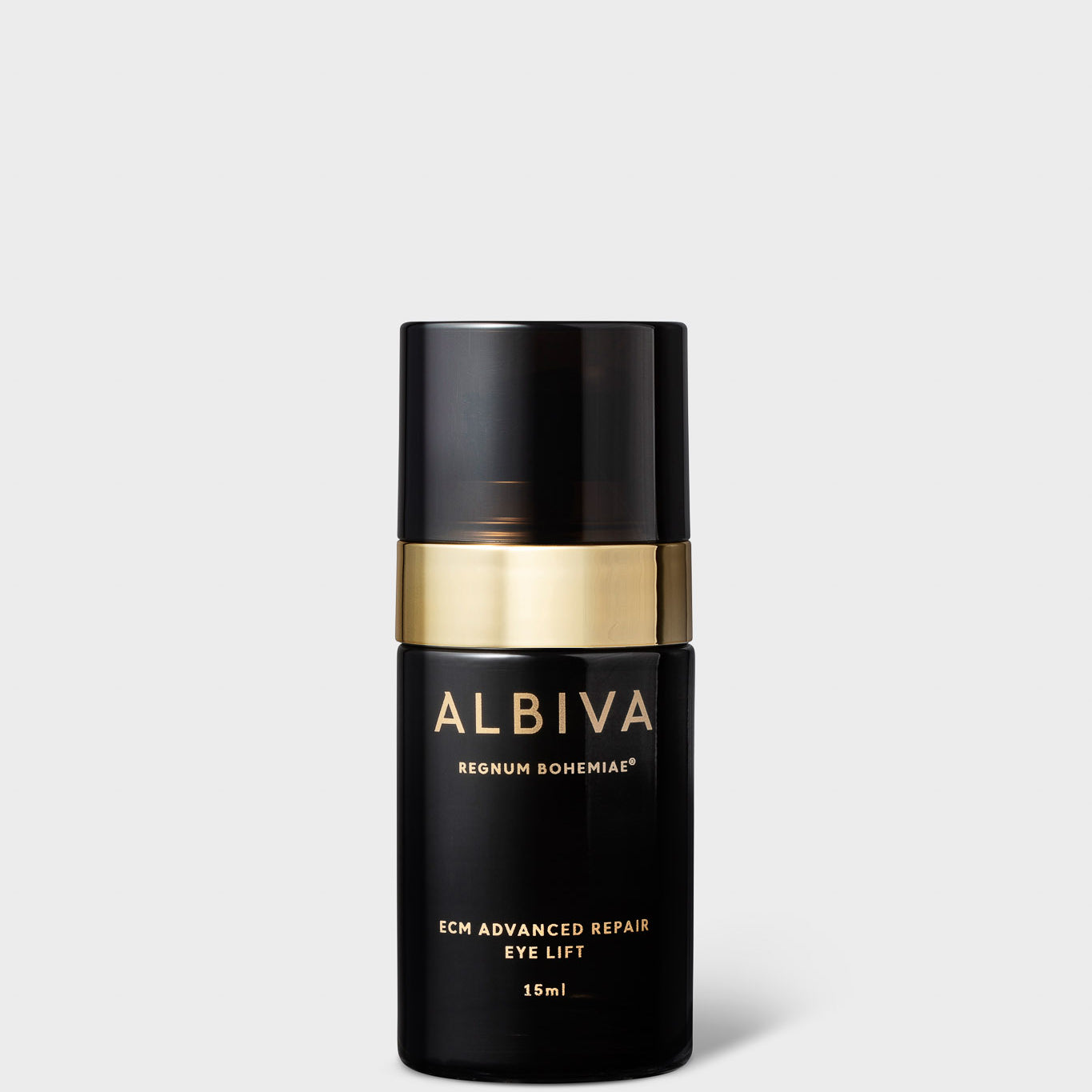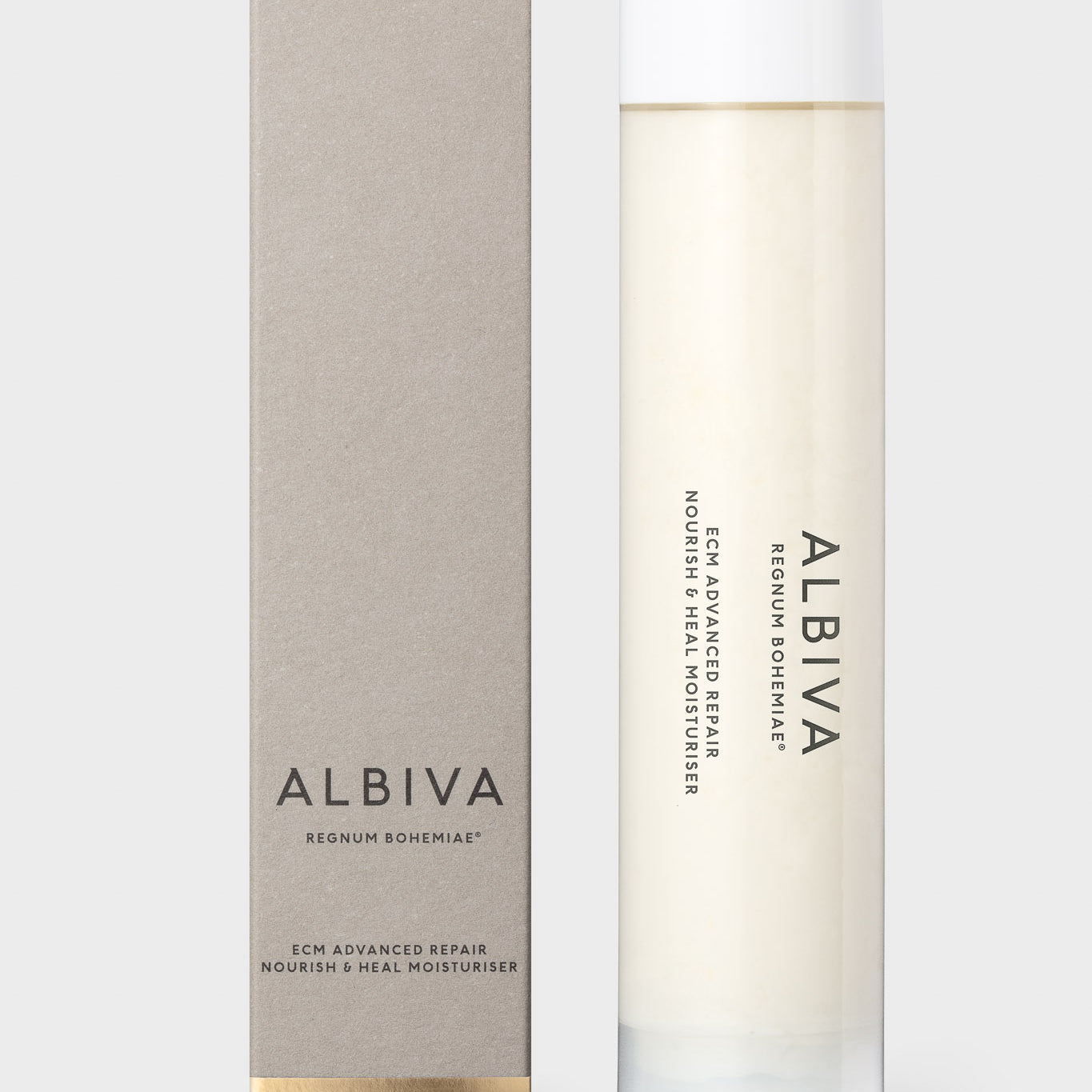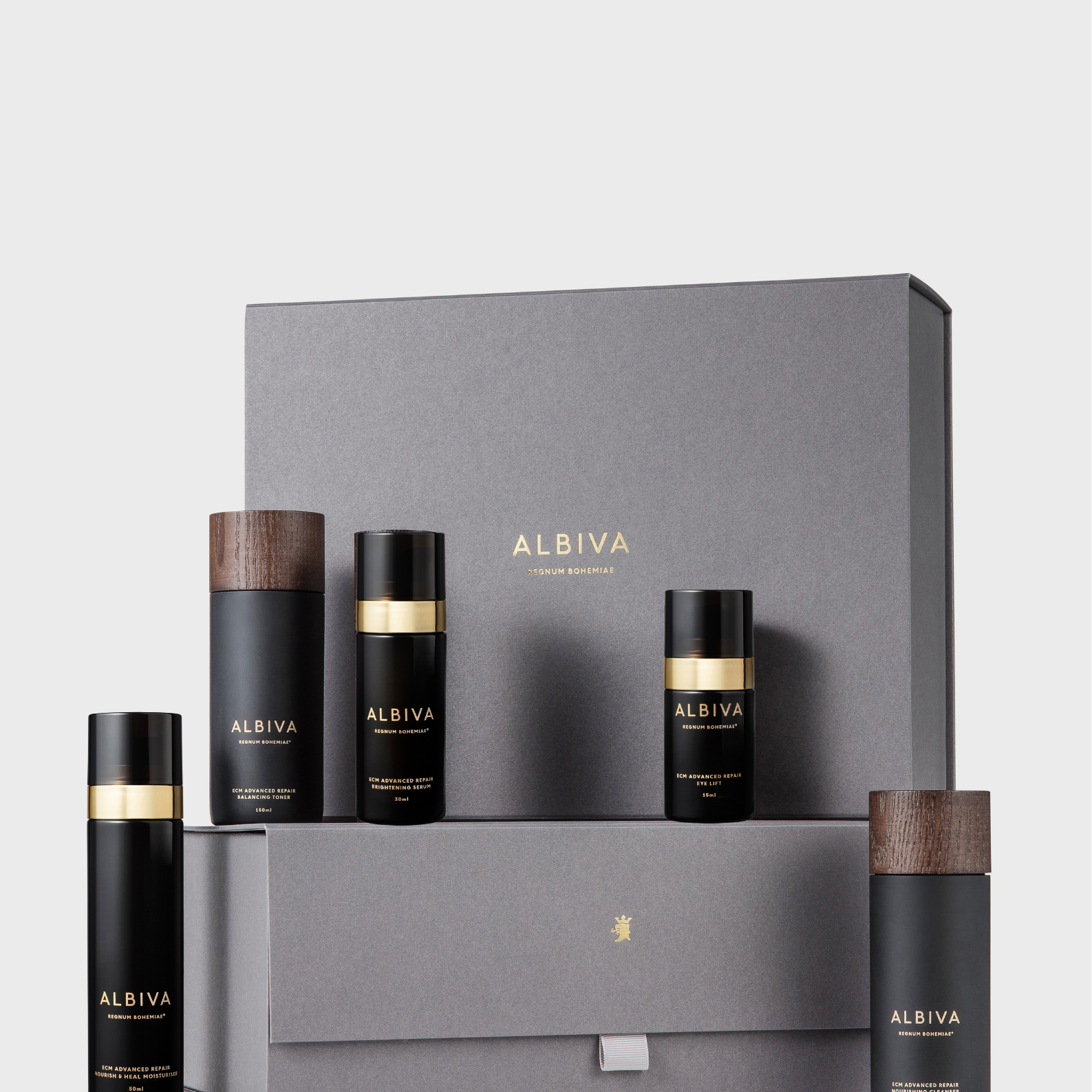Technology in wellness & beauty.

On one hand, we have seen the tech backlash in the personal wellness space where the offering of digital detox has become a compelling value proposition. There is now copious academic evidence that the abuse of tech consumption in general, and of social media in particular, can have a detrimental effect on mental health and sometimes even on physical health.1
On the other hand, however, tech in the broader wellness & beauty industry is booming, empowering consumers and encouraging consumer’s participation, individuality, diversity and inclusivity.
Tech focused on machine learning and algorithms (the so called Artificial Intelligence) is creating a personalised feedback loop between products and their efficacy on an individual’s skin.
For example, Proven uses algorithms to filter 8m skincare product reviews, 20,000 ingredients and 100,000 products. The algorithm identifies patterns and trends to determine the right products for each individual skin type.
Similarly, MIT-based start-up Atolla Skin Lab gathers skin data such as moisture levels, oil levels and lifestyle factors from an individual. This data is then fed into its machine-learning algorithm to create customised facial oils.
At CES 2017 the Fit & Healthy concept car by Mercedes- Benz could adjust the interior’s temperature, sound, lighting and even scent in response to a driver’s health.
Collaborations with science-based companies offer the possibility of new, more efficacious treatments driven as much by technological innovation as by new ingredient formulations. Smaller players such as ALBIVA are able to benefit from having access to active ingredients that use new techniques such as encapsulation, which previously would have been reserved only for a handful of large industry players. ALBIVA uses garden cress extract that was incorporated into liposomes to facilitate absorption into the skin and to target melanocytes.
The development of deeply penetrative biotechnology means that the next generation of non-invasive procedures will be rooted in nanotechnology.
Scientists in Israel are now able to miniaturise hyaluronic acid, allowing it to penetrate beyond the first layer of skin to have the same effect as injectables.
Revolution Fibres uses ‘sonic electrospinning’ to turn collagen from fish skin into a thin nanomaterial that is easily absorbed by skin.
Nissha, a Japan-based company that creates industrial materials has created Shot Mode, a dissolving needle patch that can deliver serum to the skin transdermally.
Empowering consumers, smart mirrors, devices and apps are making the skincare and cosmetics buying process much more of a science than a trial-and-error process. Developments in smartphone cameras could help give consumers a more accurate map of their face, which will enable them to receive more accurately customised advice than ever before.
The reality is that consumers have much more control of their wellness & beauty through technology. 2
What are your thoughts?
Source:
- 2018: The Year the Tide Turned Against Tech; Autor: Thierry Malleret, economist; Jan 15, 2019; available at: globalwellnessinstitute.org
- The Future Laboratory, Algorithmic Beauty: Looking Through the Lens of Technology and AI; Author: Rhiannon McGregor, foresight writer; Jessica Smith, creative researcher; available at: www.globalwellnesssummit.com
- Tags: Beauty skincare Technology Wellness





